You, Me & Community: Civics for Littles
.png)
.png)
Studies have shown that even babies understand the concept of fairness and helping out, and although they seem to be born with this innate sense of justice, they still need guidance to hone the skills of social life.
When children play together, they learn how to take turns, negotiate, help each other, and make friends. Parents and educators alike spend a lot of time fostering the cooperative and conflict resolution skills needed to make both families and classrooms joyful and peaceful environments for everyone. This is civics at its core - community, participation, and having your voice heard.
Young children make decisions each day, and these can be opportunities to introduce democratic values. Their experiences in the classroom become relatable to the larger community - like our classroom must balance freedom with order, the same is true for our city or country. Keeping our classroom neat and organized is important in the same way we must take care of our neighborhood park - what might happen if we don't?
It is also important to involve young children in the decision making process. When adults respectfully listen to children and ask for their ideas, it creates an opportunity to explore concepts like critical thinking, considering different viewpoints, and compromise. Discussing options and then voting is a great way to instill democratic values.
Children also love stories and they are a fantastic way to further explore civics. Books, videos, digital games, and activities about fairness, cooperation, respect, and including others teach valuable lessons about community involvement and understanding others’ perspectives. It reinforces civics concepts in a fun, engaging, and approachable way.
Research shows that having clear conversations about the voting process with children makes them more likely to vote when they are adults. When teachers and parents engage children around civics in age-appropriate ways, they are indeed laying a foundation for a future generation that is engaged, responsible, ready to contribute and eager to make a positive impact on their communities.
Many parents and caregivers bring their children with them when they vote. It can be a lot for a parent, trying to address all of their child's questions and curious observations while filling out a ballot. Use the resources that we've gathered below to help familiarize your child with both the concept and process of voting. We can't promise they'll have less to talk about at the polls, but you'll have shared language and examples to keep the conversation moving forward!
For Everyone
Daniel is asked to vote on whether he'd like swings or a slide in the new playground. His father explains the process of voting, Daniel makes his choice, then the votes are counted.
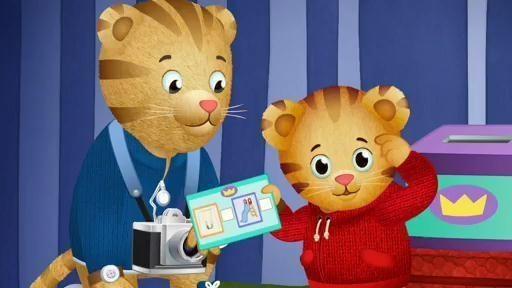
For PreK-K Classrooms
A young girl accompanies her father when he goes to vote. She sees how grownups vote and goes inside the voting booth to watch her father use the voting machine to cast his vote.
Vote for your favorite PBS KIDS Character Pair! We’re excited to invite kids to participate in a fun and educational voting event where they can also view the results!
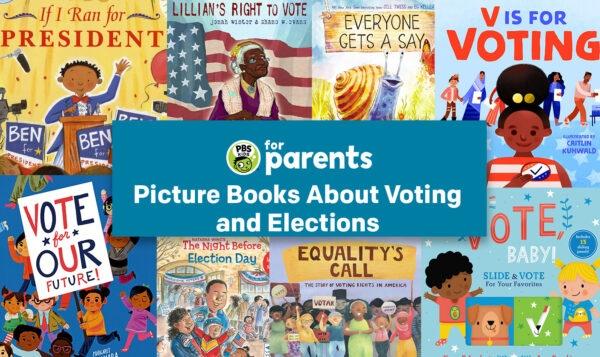
For Everyone
Research shows that having clear conversations about the voting process with children makes them more likely to vote when they are adults. Here are nine books to start conversations around not only voting, but democracy, citizenship, and equality.
Peg and Cat are holding an election to see who can get the most votes to be in charge of the chickens while the farmer goes to market. Watch and count along!
For Families
We've put together a collection of our favorite age-appropriate activities, videos, books, podcasts, crafts, and games for your family featuring favorite characters like Daniel Tiger, Arthur, and Peg + Cat.
Talking with children about voting, politics, and civic engagement can feel overwhelming. Here are tips on how to help kids understand how to be part of creating positive change.
For PreK-K Classrooms
What's the word on the street? Murray introduces the vocabulary word "vote."
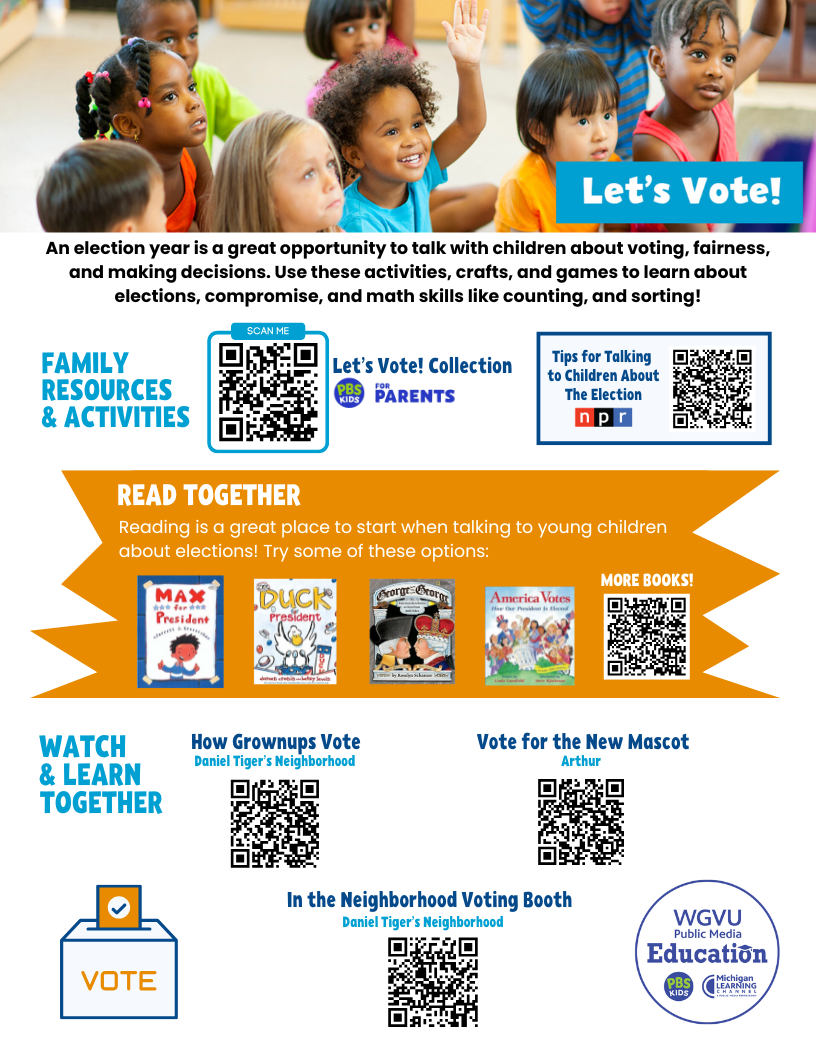
Explore the basic process of voting with this music video from the PBS KIDS show City Island.
These "Learn Along" and bi-lingual Bingo explore how to take action.
Available in both English and Spanish.
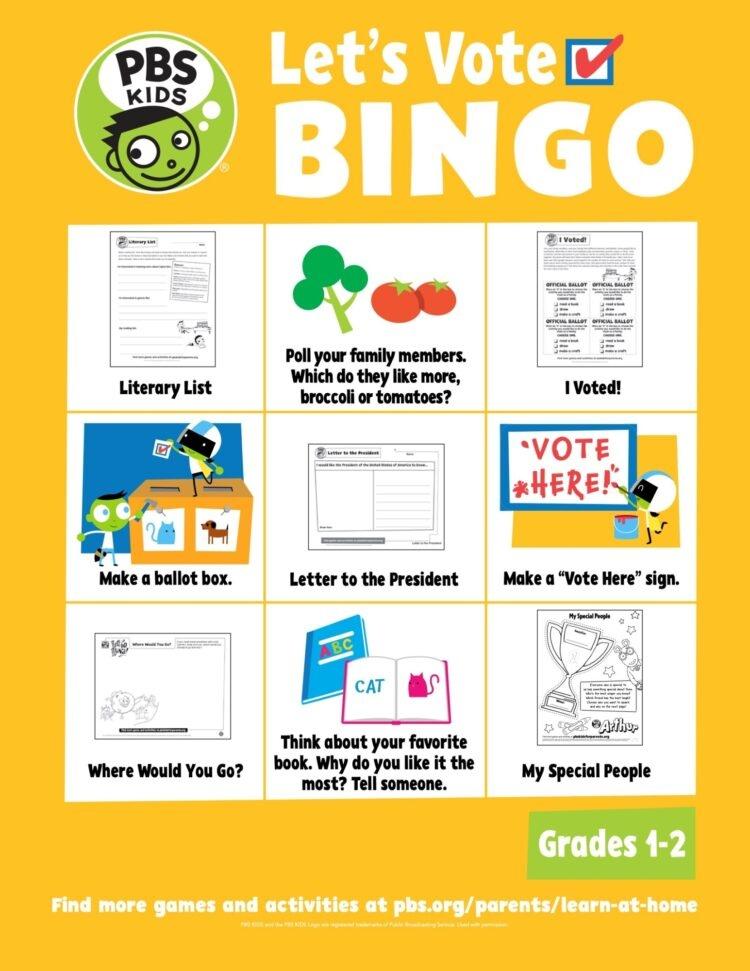
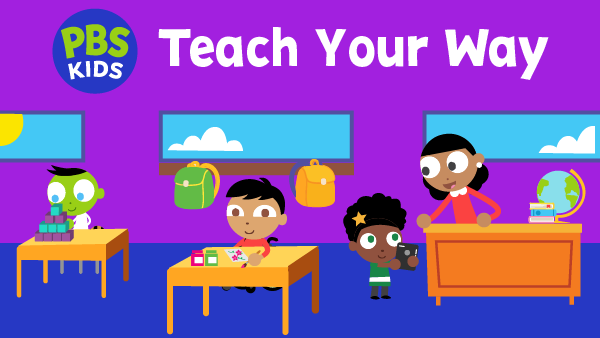
With young children, learning about civics involves practicing developmentally-appropriate concepts: kindness and empathy, how to be a good friend or sibling, teamwork and cooperation, being a helper, or how to be a good neighbor.
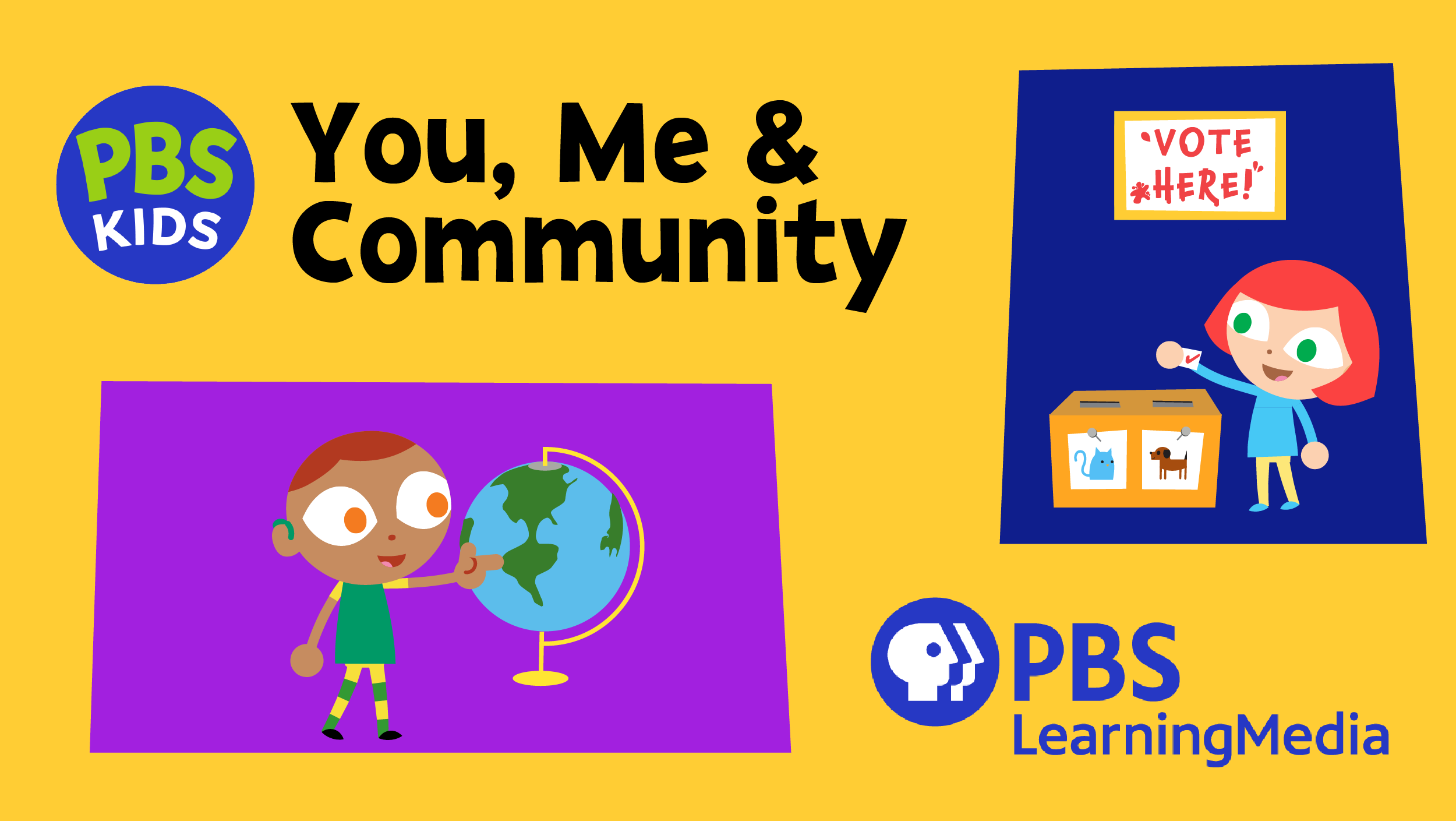
No student is too young to learn how to become civically engaged! Introduce your young learners to basic civics concepts—including making their voice heard and exploring the process of voting with this robust collection to spark new conversations in your classroom.
Daniel and his friends are celebrating Neighbor Day. Ride along on Trolley and help each neighbor complete tasks!
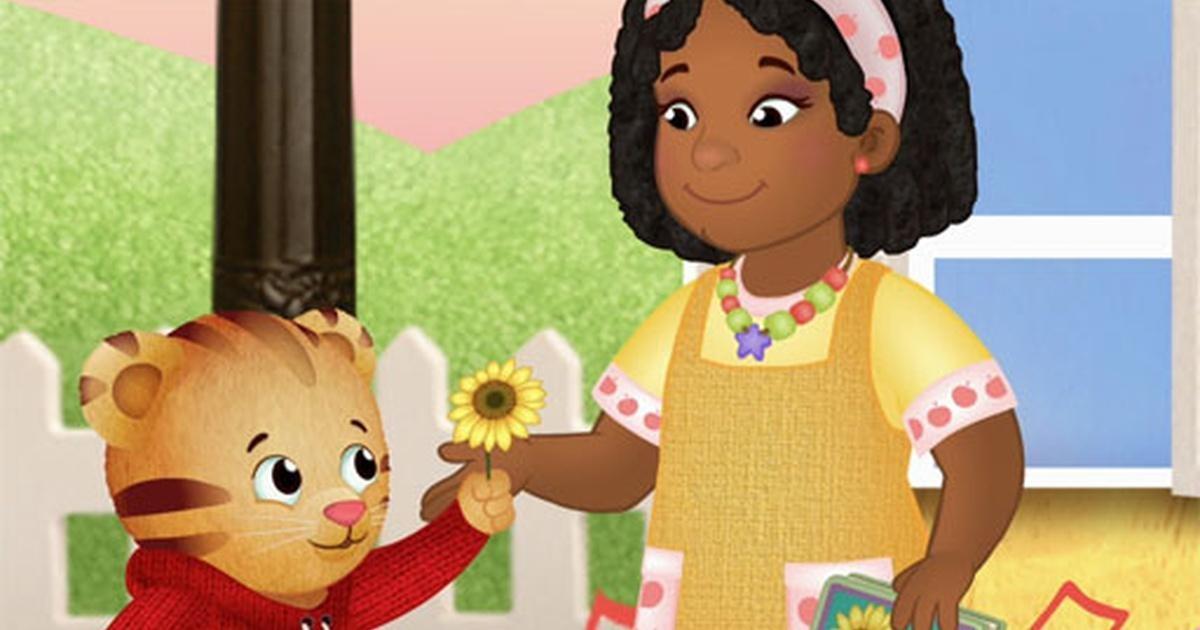
Daniel and Mom Tiger are traveling to the library and learn about the importance of all the Neighborhood jobs along the way.
As research for a class project, Watt talks to a 300-year-old road named Laney and learns about the development of City Island.
Francine discovers chemicals from lawn fertilizer are causing fish to die in a nearby creek, and she is determined to raise awareness about the dangers. Will Francine’s passion give her the courage to speak out?
Encourage your child to perform acts of kindness by creating a coupon book to show they care.
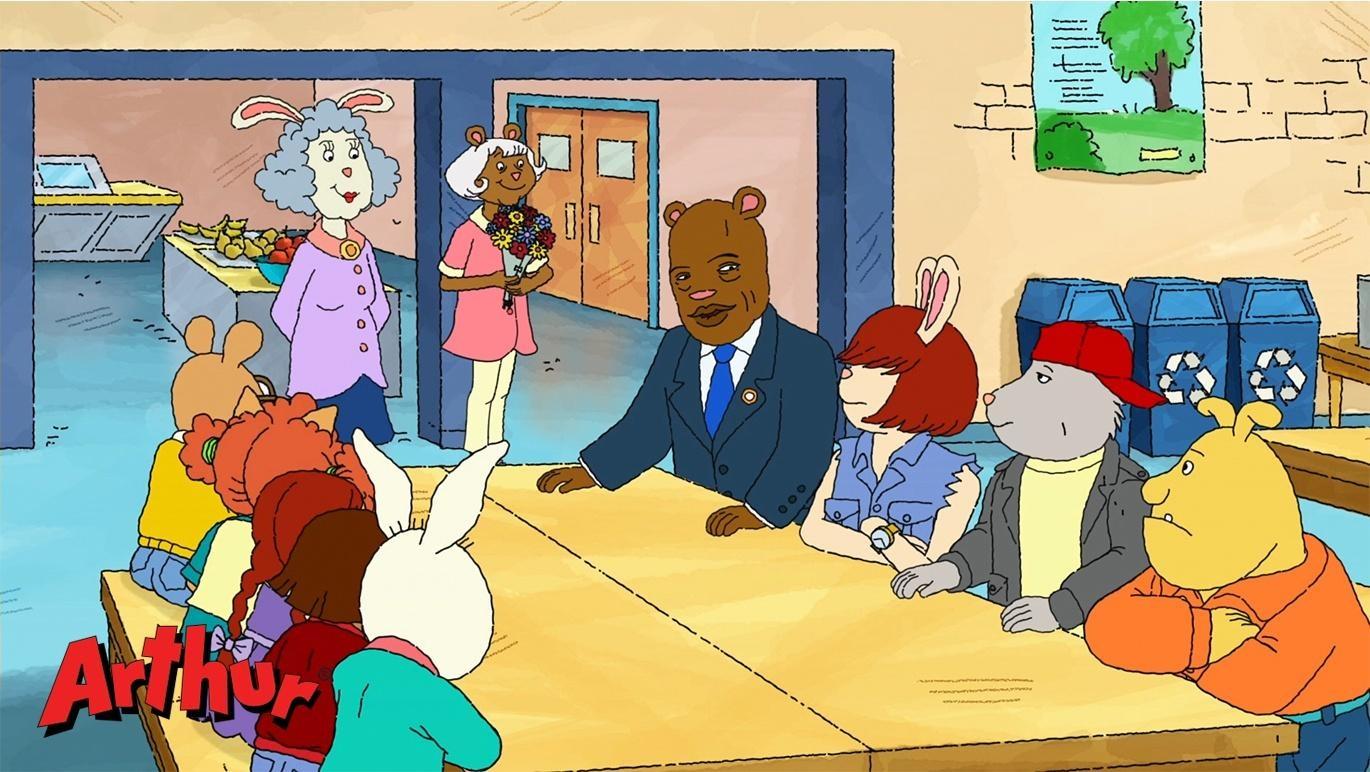
Abby explains the different types of coins and bills, and lists some ways to use money such as saving, donating, and spending.
These four games help children practice cooperation and working together and is great for groups or parties.
Daniel and Mom Tiger are traveling to the library and learn about the importance of all the Neighborhood jobs along the way.
Daniel and his friends play at the park. Help Daniel learn to share and take turns with his friends.
When Mrs. MacGrady opens the cafeteria for breakfast and takes on more work without help, Arthur tries different ways to solve the problem. Can Arthur make an impact?
Watt, Windy, Sally and Piper volunteer at a dog shelter and Watt makes a strong connection with one of the dogs.
Watt and his friends want to make a flag to represent their club at the City Island Flag Parade. They learn from the City Island Flag himself how the symbols on flags have meaning.
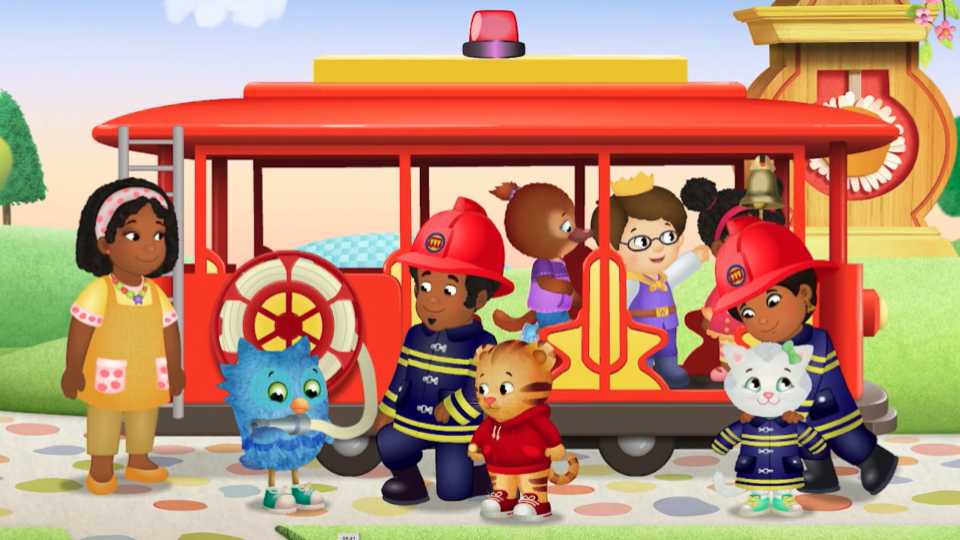
Be a helper in Daniel Tiger's classroom by caring for the class pet, watering plants, cleaning up, and more!
Some things cost more than others because they have more value. At a carnival, Rosie learns about the value of a ticket to enter a fun house.
Abby teaches kids about what it means to be a citizen in their community. We all have a civic duty or responsibility to take care of each other.